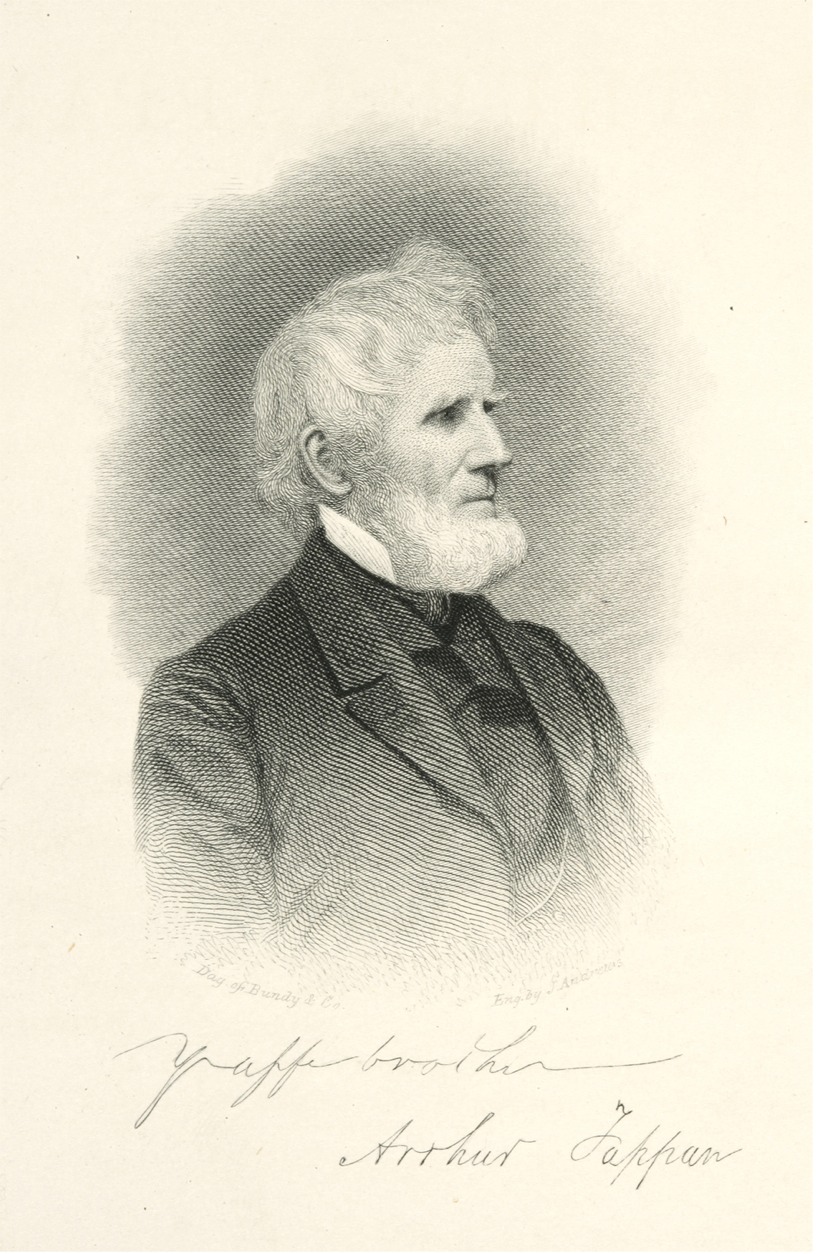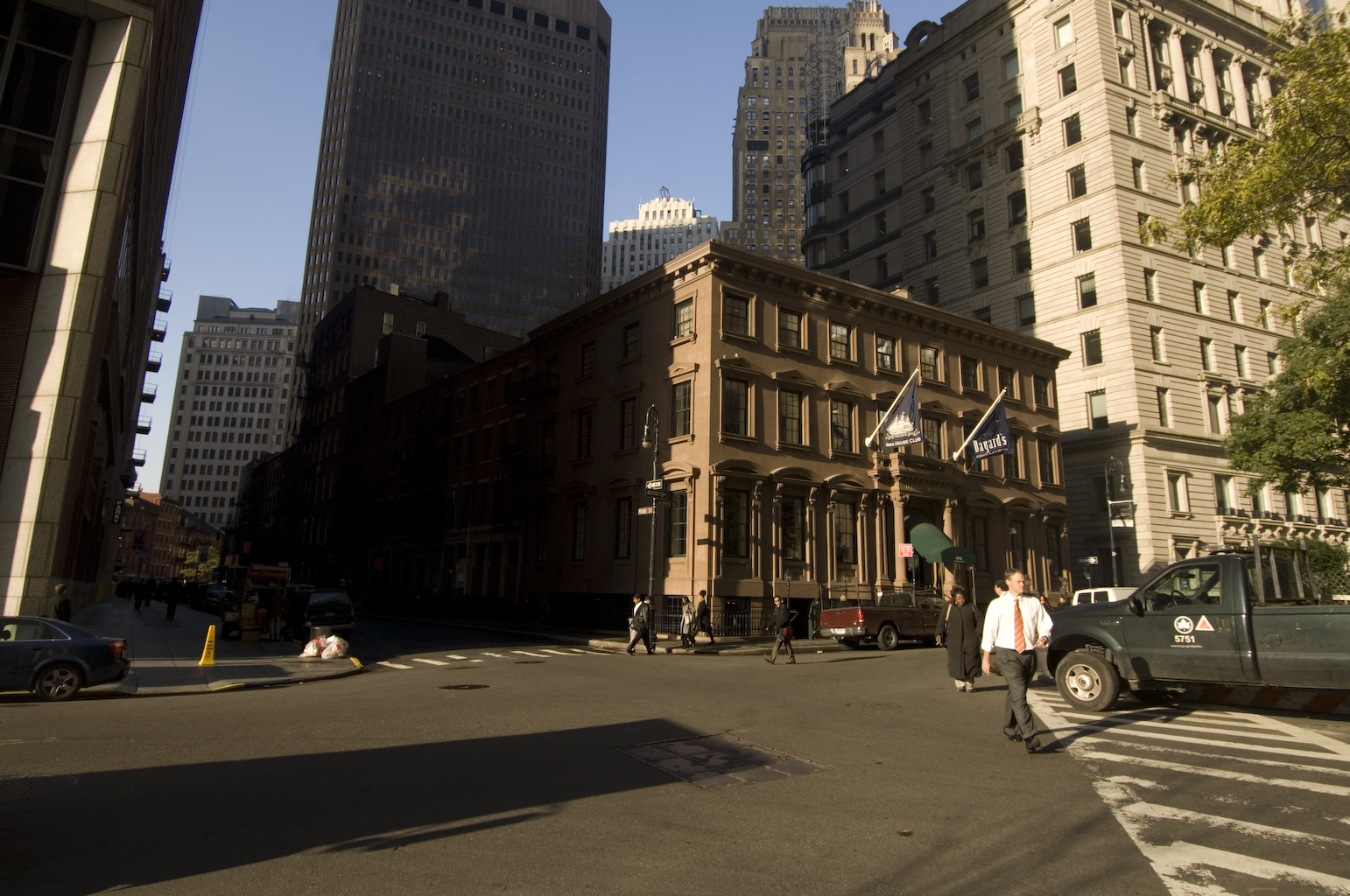Lewis and Arthur Tappan were brothers who earned a fortune importing silk from Asia. In 1841, Lewis went on to form the Mercantile Agency. Today it is known as Dun and Bradstreet, a billion-dollar corporation.
At that time, more and more white New Yorkers were in favor of ending slavery, but very few were for equal rights. The Tappans were different. They demanded “universal liberty.” Whites, such as the Tappans, who spoke out for equality were hated and often targeted. During the riots of 1834, pro-slavery mobs attacked the Tappans repeatedly. First the Chatham Chapel, which the brothers rented for abolitionist meetings, was attacked. The next day Lewis’s home was attacked; his belongings were piled in the street and burned. Then Arthur’s store was attacked—twice. A year later a $100,000 reward was offered to anyone who delivered the dead bodies of the Tappans to any slave state. The only protection Lewis relied on was the Bible in his breast pocket. Both brothers drew on their faith for strength and continued their abolitionist work.
Working with African Americans such as Frederick Douglass, Samuel Cornish, and Henry Highland Garnet, the brothers accomplished many things. They helped found the New York Anti-Slavery Society and were actively part of the Underground Railroad. Lewis organized the defense for the Africans of the slave ship Amistad. The brothers also gave money to integrated colleges, abolitionist newspapers, and many other anti-slavery organizations. Arthur Tappan died in 1865, the year that the 13th Amendment outlawed slavery. Lewis Tappan died 8 years later.

